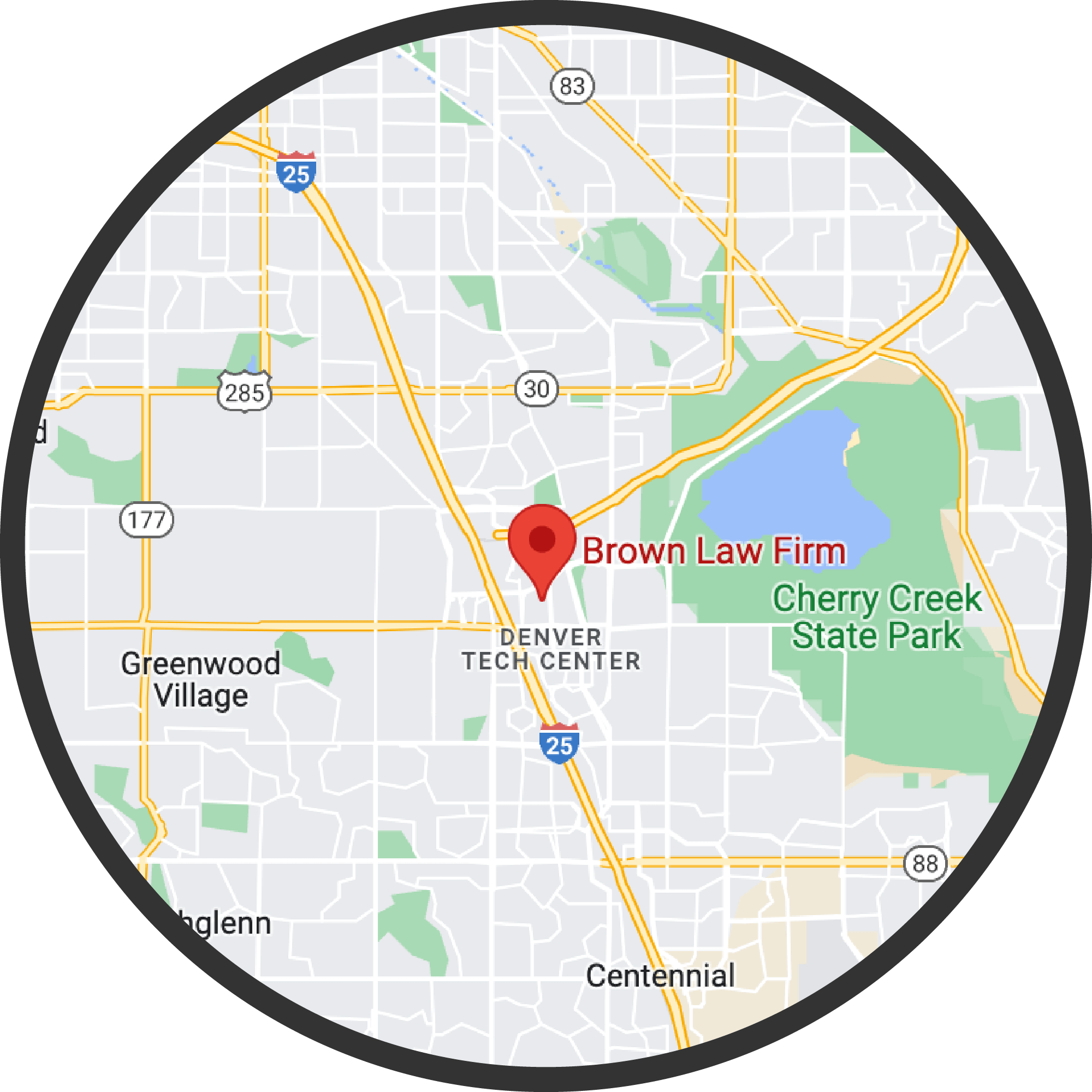Probate/Estate Administration in Denver
Probate, also known as estate administration, is the legal process that outlines how a deceased person’s assets will be distributed.
A deceased person’s assets will fall into three categories: assets that are titled as joint tenants with someone else, assets that have a beneficiary or payable on death designation and assets that are only titled in the name of the deceased person. Only assets that are titled in the name of the deceased person or that designate the estate of the deceased person as the beneficiary are subject to the probate process.
If the deceased person had a will, their probate assets will be distributed to the beneficiaries as outlined in their will. If the deceased person did not have a will, their probate assets will be distributed to the deceased person’s heirs pursuant to the Colorado intestate laws.
If a probate proceeding is needed, a Colorado court will appoint a personal representative, also known as an executor, to administer the probate estate. The personal representative will gather the probate assets of the estate, pay debts, final expenses and taxes, and then distribute the remaining assets to the beneficiaries (or heirs). A personal representative can choose to open the probate estate either formally or informally. The attorneys at Brown Law Firm can advise a deceased person’s loved ones about which method is more appropriate based upon the deceased person’s circumstances.
Our probate/estate administration lawyers have extensive experience assisting families through the probate process when a loved one dies. We work with families throughout the state of Colorado. We have handled thousands of probate/estate administration matters, from very simple estates to very large, complex and/or taxable estates.
If you need help with Colorado probate/estate administration, contact us today to let our team of experts help you navigate the process.
